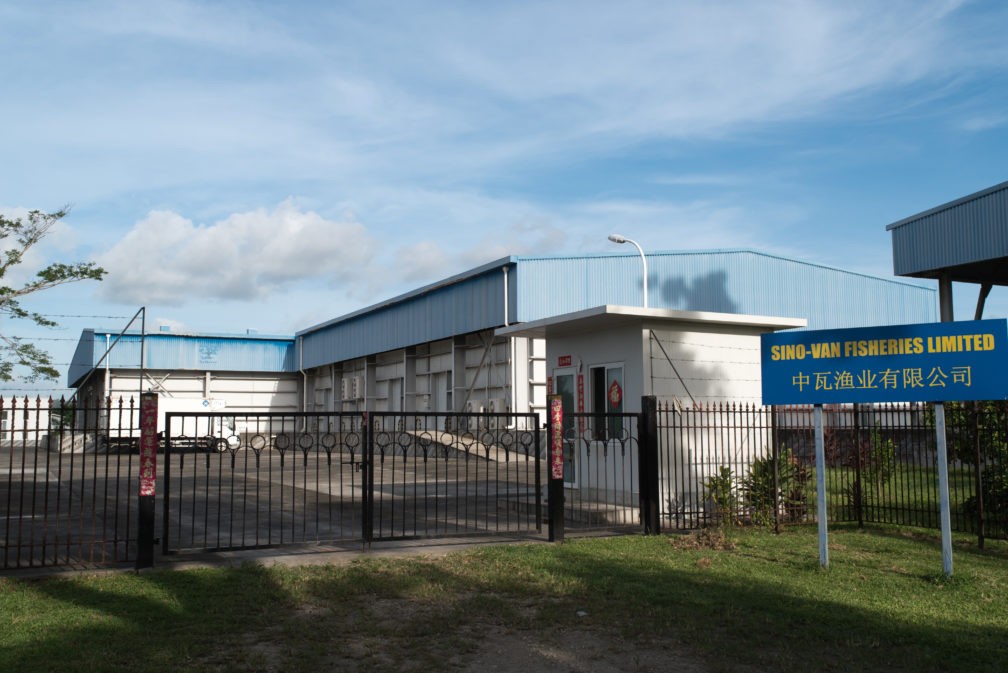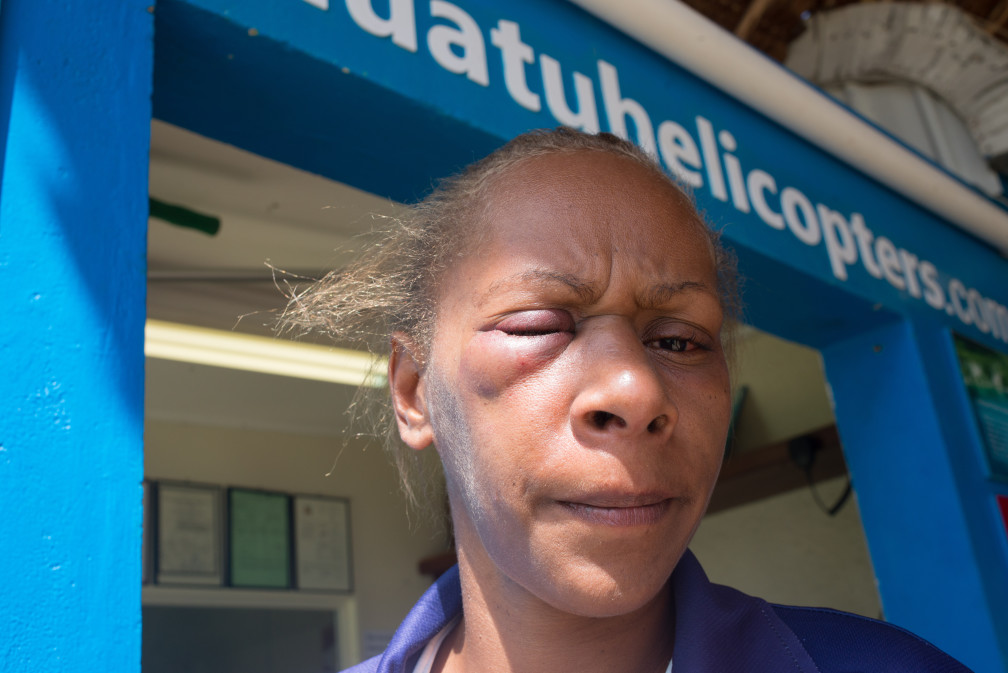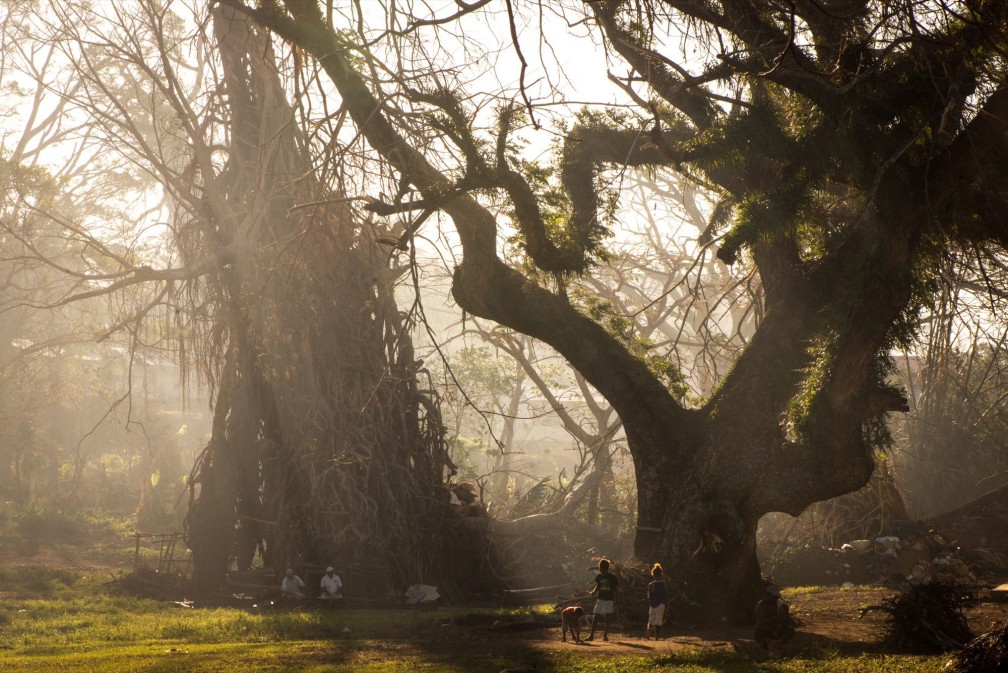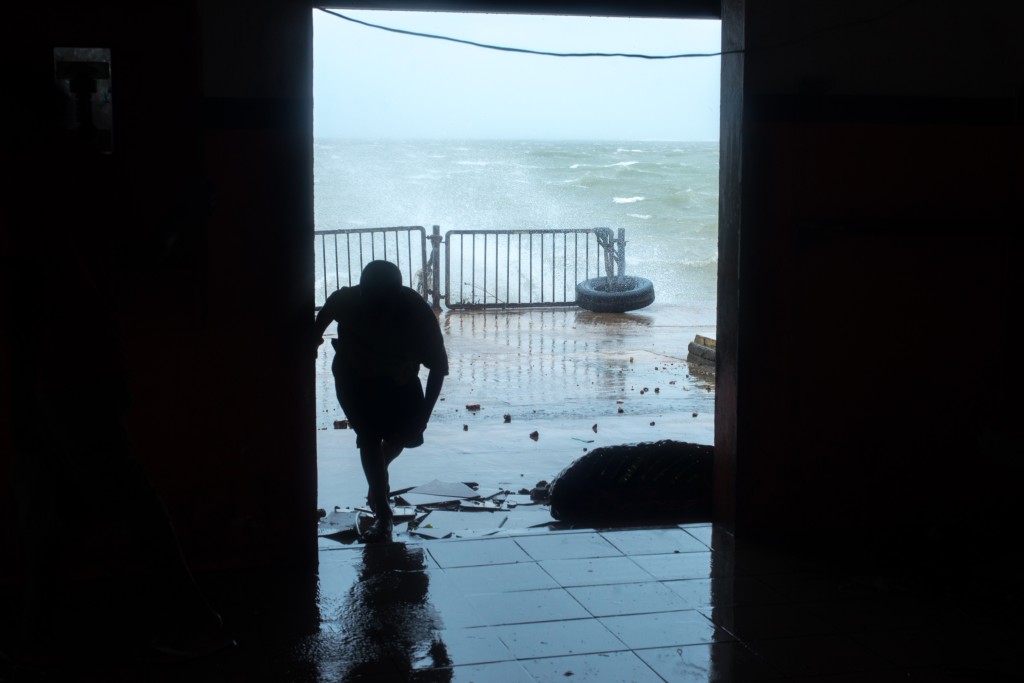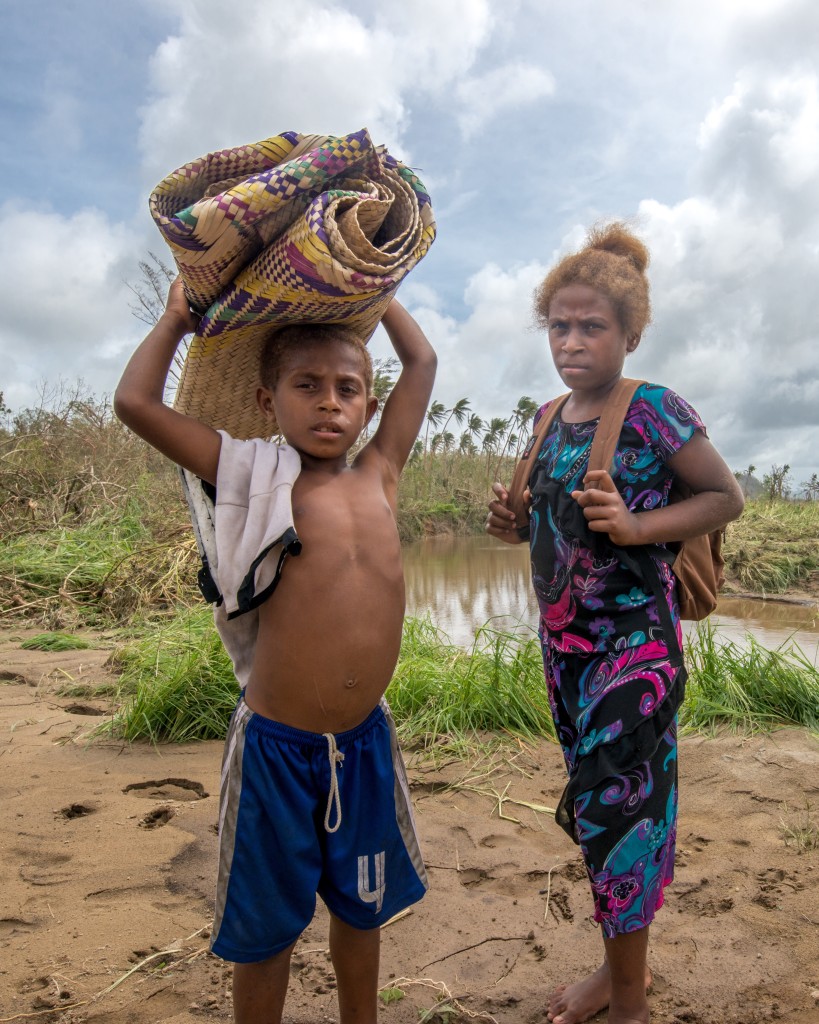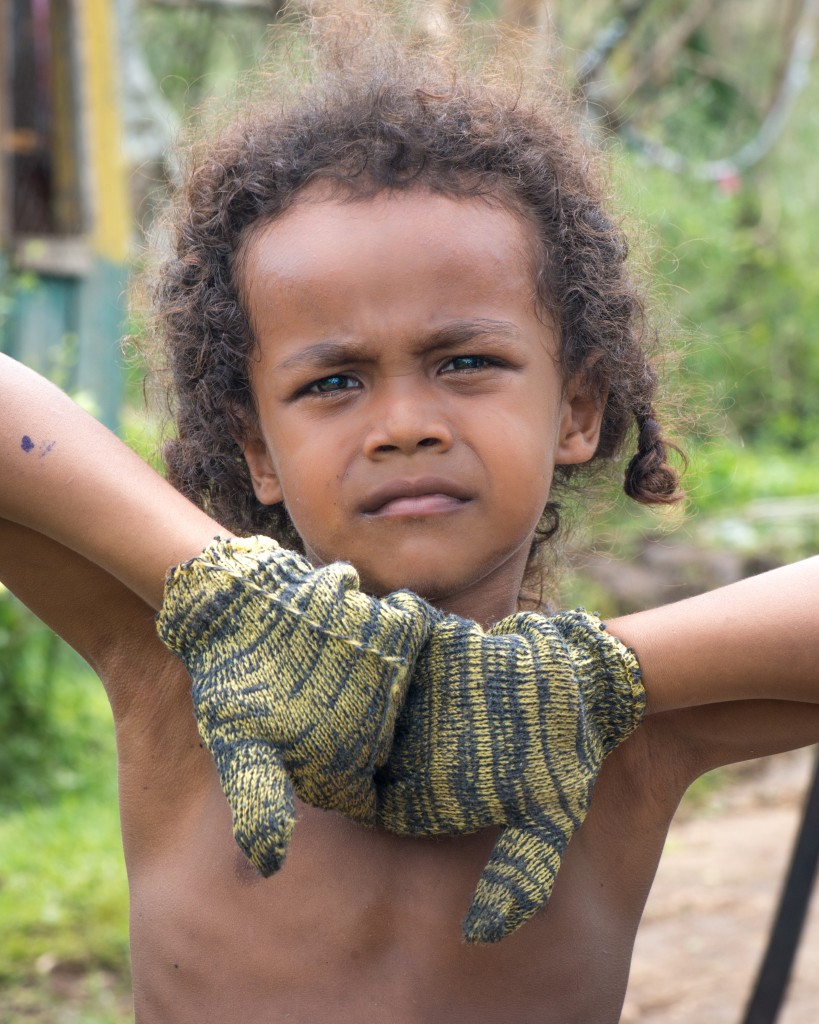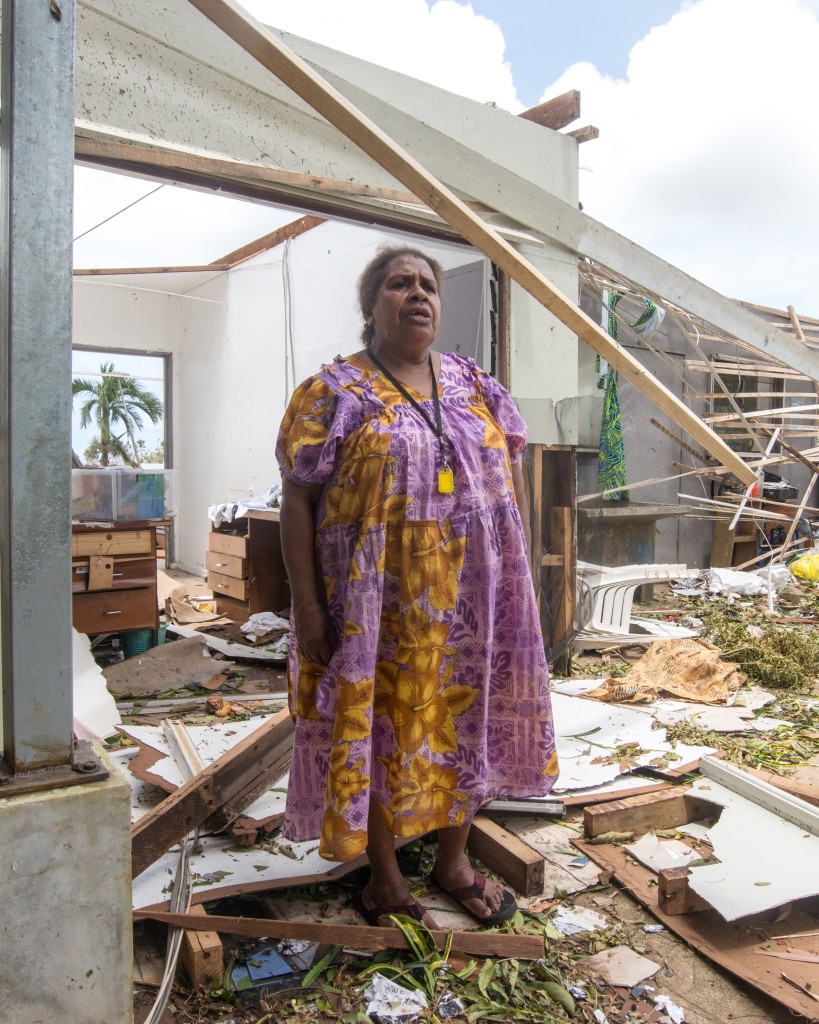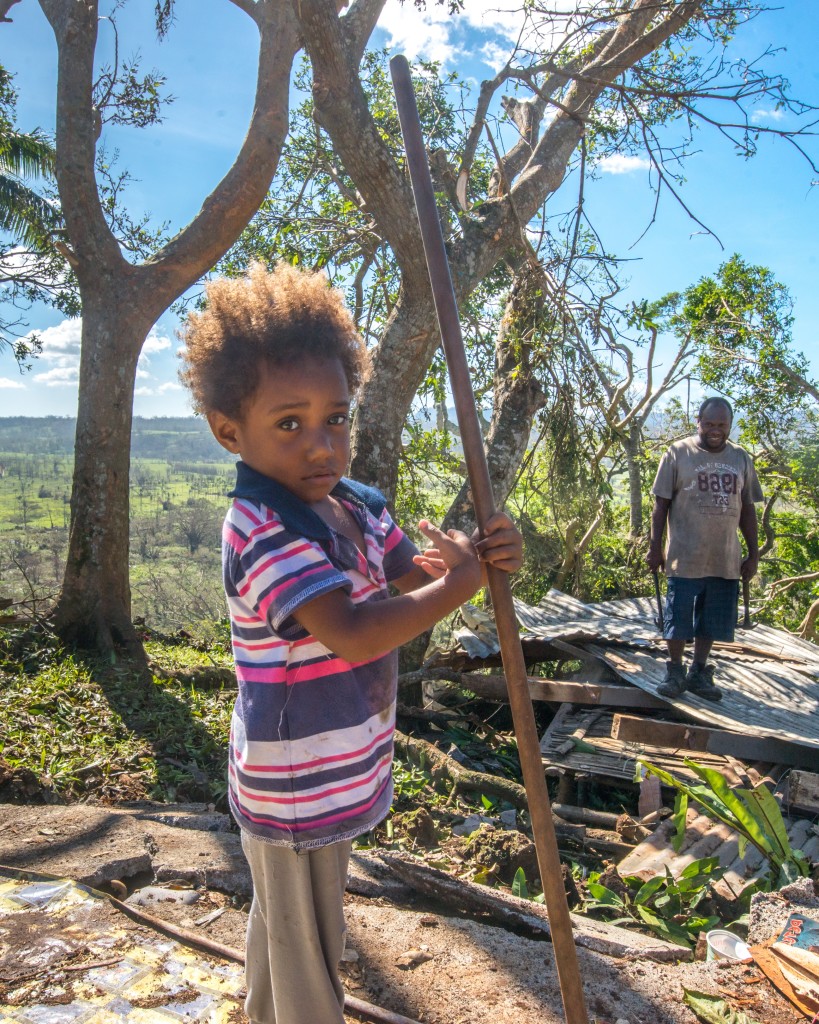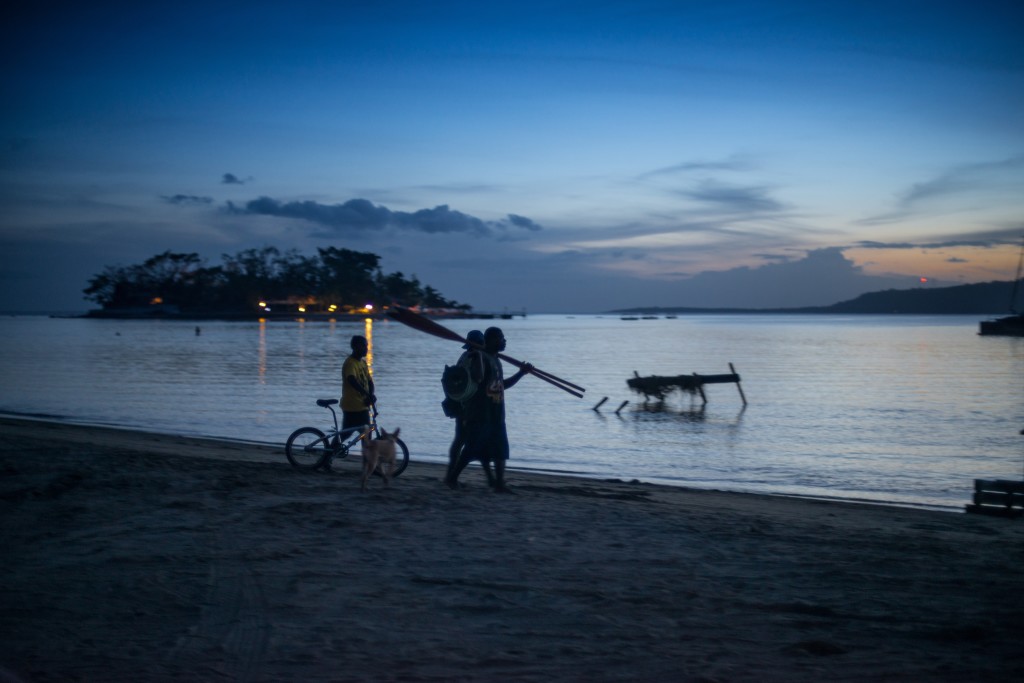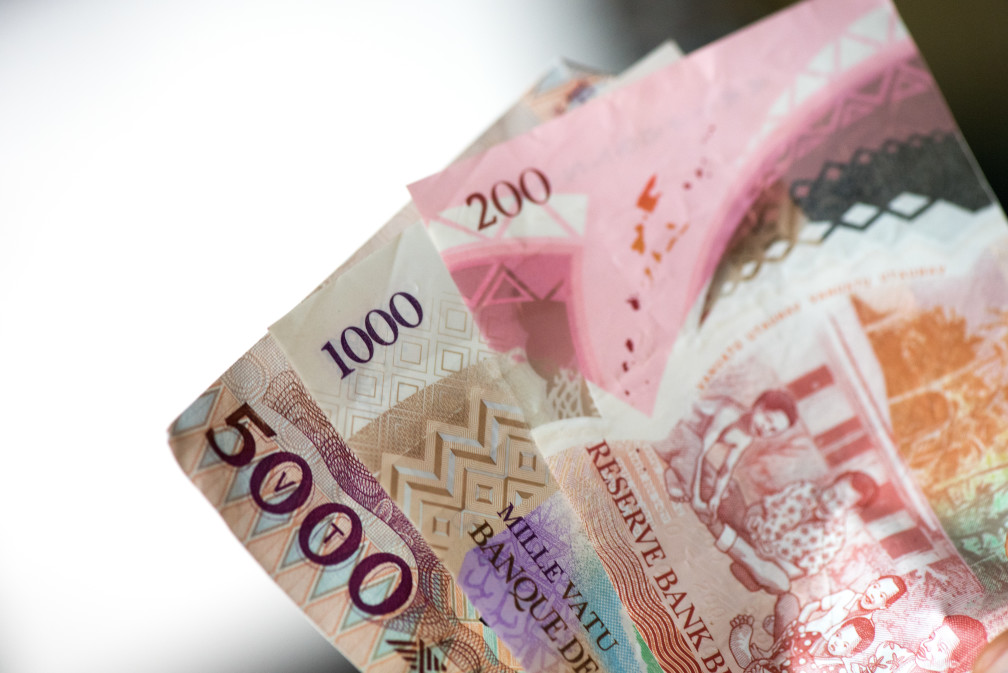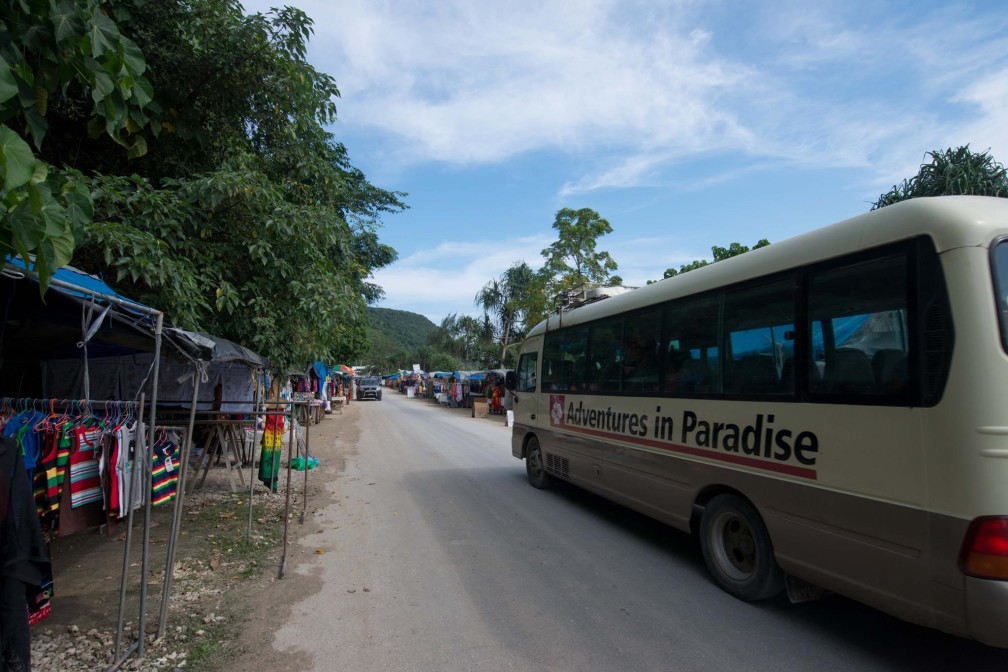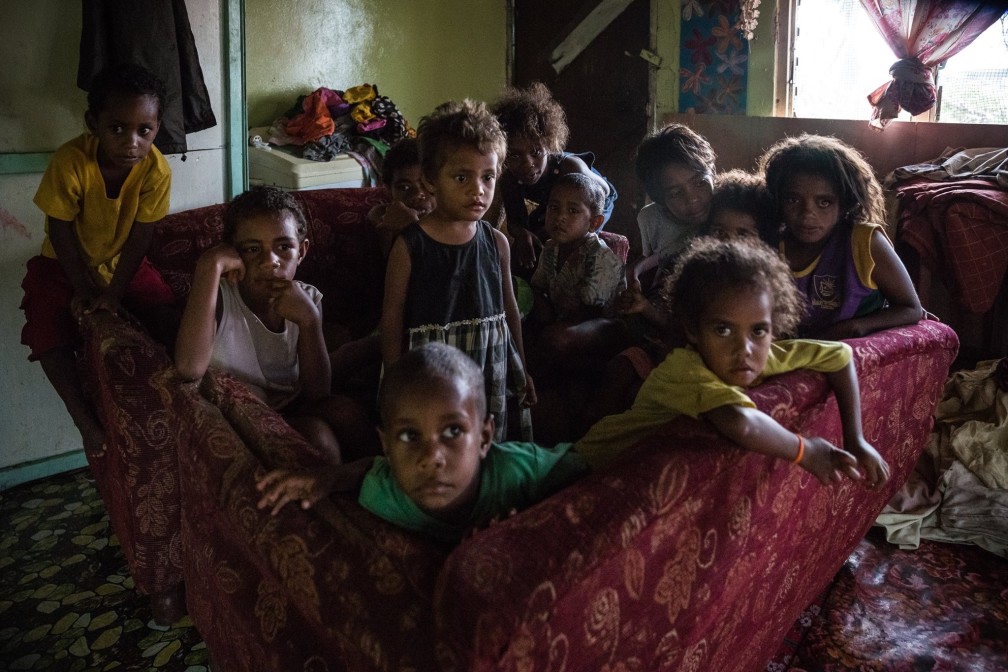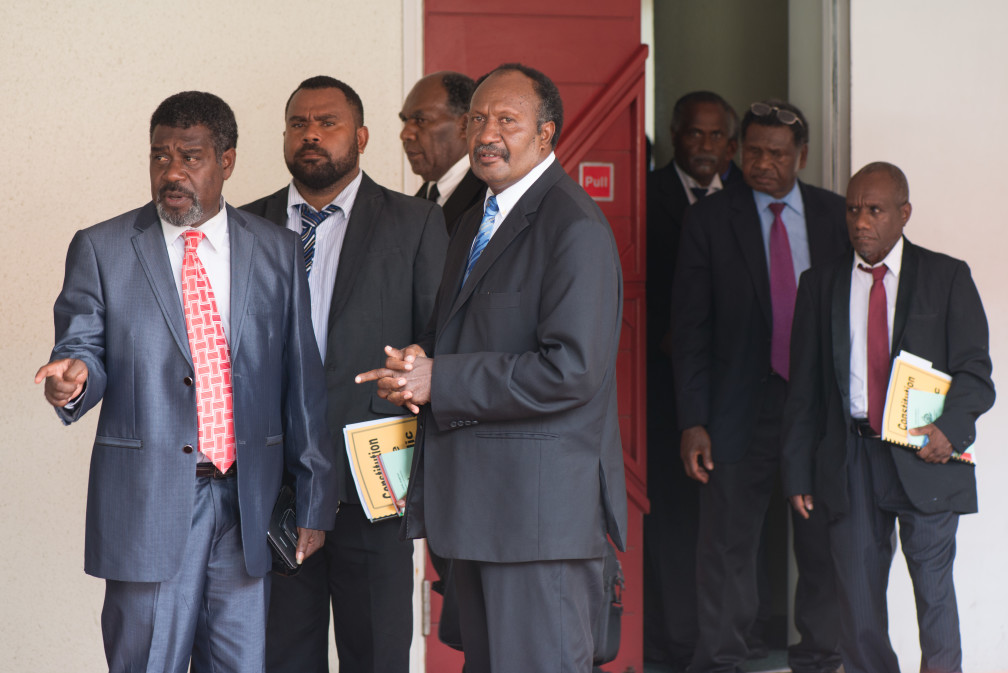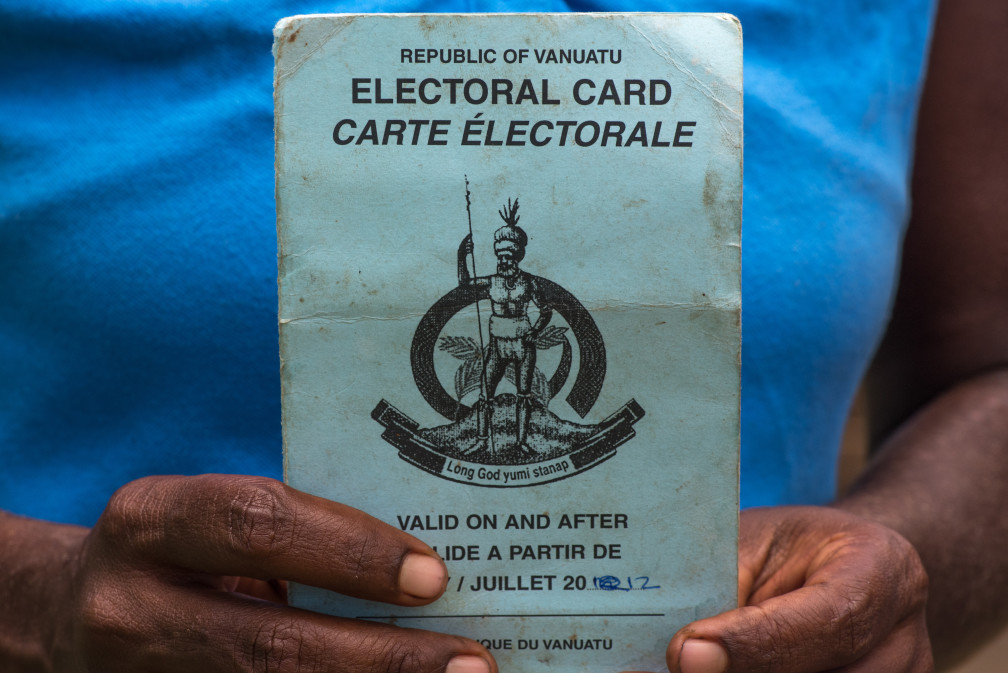The Sino-Van Fisheries Ltd fish sorting plant in Blacksand has drawn the ire of countless local residents. Many of the fears expressed are ungrounded in fact.
Will it stink? Yes. Will it destroy the foreshore ecology from Blacksand to Devil’s Point? Not even in the worst-case scenario. Will it draw sharks? No. Will long-liners drag their anchors across the international internet cable? No. Will innumerable decrepit long-liners crowd Vila Bay? No. Will these vessels pollute the bay? Yes, but no worse than cruise ships and domestic transports already do.
None of that is to say that we shouldn’t be worried. We just need to draw a clear line between outright NIMBY-ism and legitimate concern.
The Daily Post toured the fish plant last week and spoke at length with company officials. The parent company, CNFC Overseas Fishery Co. Ltd, which holds a 51% controlling interest in the joint venture, operates a fleet of 40 long-liner ships in Vanuatu and Solomon Islands territorial waters. So far, they have been offloading in Suva.
A typical long-liner returns to port to offload every 1.5 – 2 months. Turn-around time in port is seldom more than 48 hours. At current levels of operation, this would mean about 320 fishing boat arrivals in Port Vila every year. We would rarely see more than four vessels in harbour at any time. The average number would be one or two.
A company spokesman said that captains would simply extend their cruise if there were a backlog in port. Continue reading

